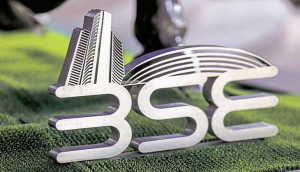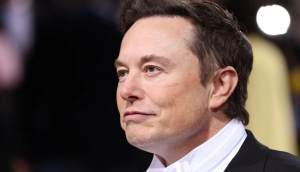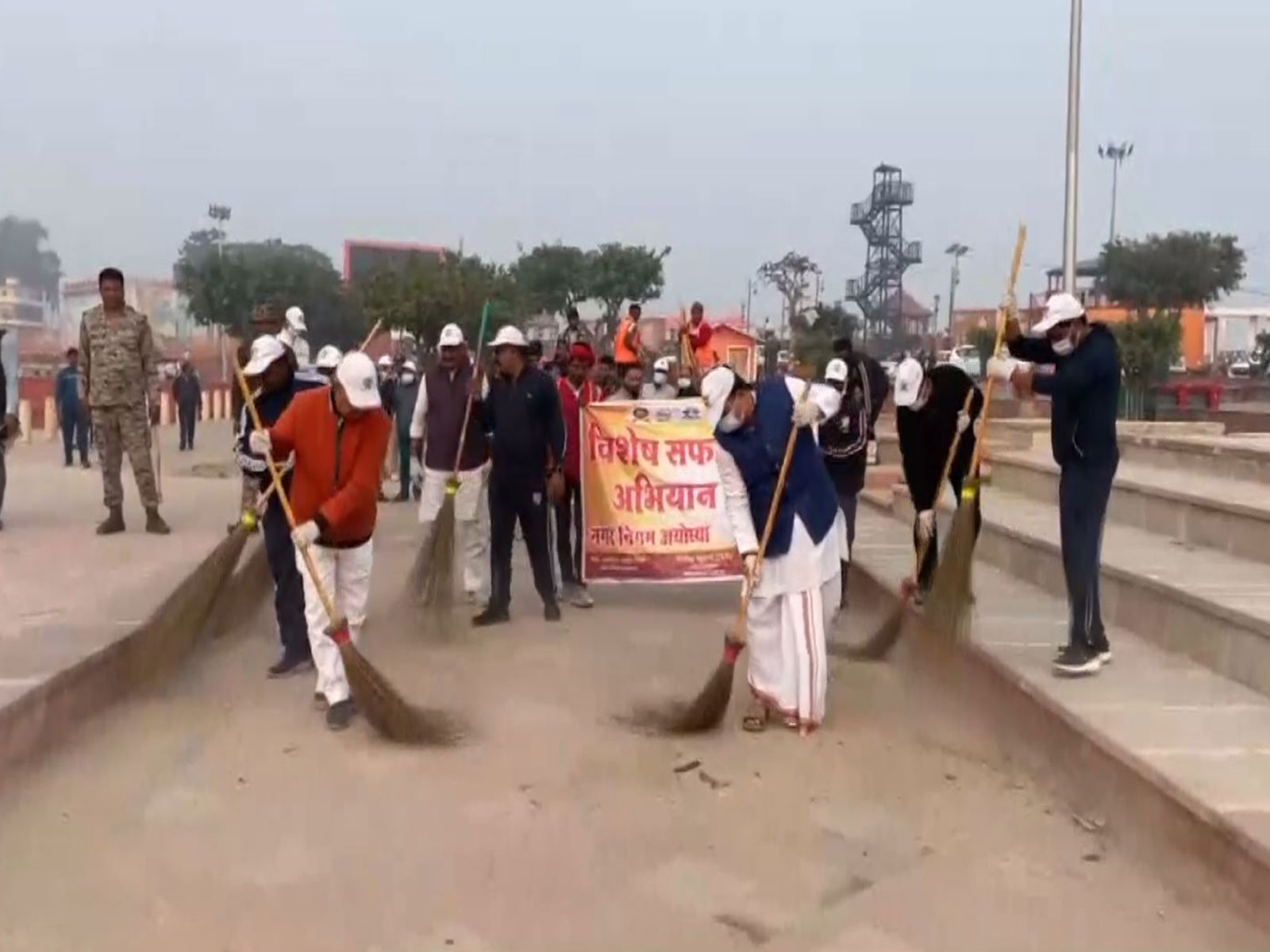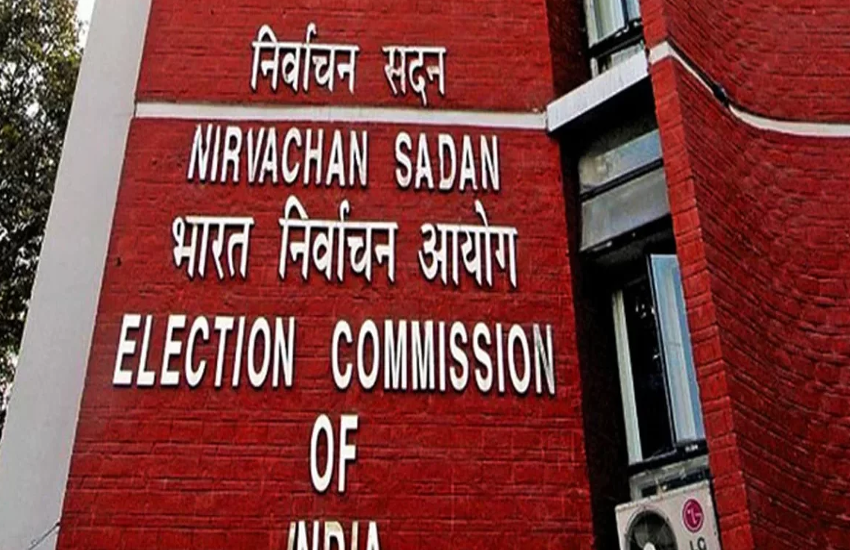
China has played down arch rival Japan winning the contract to build India's first bullet train project as officials said the deal is confined to one sector and claimed India is still open to Chinese investments on other high-speed routes depending on easy financing.
India's move to opt for Japanese bullet trains on the Mumbai-Ahmedabad route has raised concerns in China which is vying with Japan to build high-speed rail in India.
In addition to conducting a feasibility study to build a high speed rail track on the 2,200-km Chennai-Delhi route, an India-China consortium is also conducting a study for the 1,200-km New Delhi-Mumbai corridor.
Indian officials here said that Japan had undertaken the feasibility study for the 500-km Mumbai-Ahmedabad corridor well before China entered the fray offering to do the Chennai-Delhi route that could cost over USD 20 billion.
The proposed agreement to be signed during Japan premier Shinzo Abe's visit to New Delhi on Saturday is for the Mumbai-Ahmedabad corridor and India's decision to opt for high speed rail in other corridors will depend on easy and affordable financing terms as offered by Tokyo for the first bullet train in India, they said.
For its part, China today reacted guardedly to India's decision to opt for Japan's 'Shinkansen' bullet trains stating that railway cooperation is an "important consensus" reached between President Xi Jinping and Prime Minister Narendra Modi during the Indian leader's visit here in May.
"I believe all nations are entitled to their cooperation partners and the way they want to cooperate. We respect India's decision," Chinese Foreign Ministry spokesperson Hua Chunying said at a media briefing here.
Departments of both sides are in close touch, she said adding that India and China are in contact to improve speed on India's existing tracks with Chinese technical assistance. "I believe they remain in close communication and hope that relevant cooperation can continue further," she said.
Besides improving the speed on existing tracks, China is also training Indian railway engineers in heavy haulage and is setting up a railway university on the lines of one in China. Last month, NITI Aayog Vice Chairman Arvind Panagariya during his visit to Beijing said Chinese infrastructure financing is far more expensive compared to Japan and that Beijing should match the terms.
According to reports from Tokyo, Abe will convey an offer of more than USD 8.1 billion in official Japanese lending for the roughly USD 14.6 billion Mumbai-Ahmedabad project. China is keen to get Indian bullet train deals as it would provide a major opening for it to win projects abroad in the face of stiff competition from Japan.
China recently grabbed its first foreign high-speed rail project in Indonesia beating out Japan as it offered easy finance and technical assistance.
-PTI







![BJP's Kapil Mishra recreates Shankar Mahadevan’s ‘Breathless’ song to highlight Delhi pollution [WATCH] BJP's Kapil Mishra recreates Shankar Mahadevan’s ‘Breathless’ song to highlight Delhi pollution [WATCH]](https://images.catchnews.com/upload/2022/11/03/kapil-mishra_240884_300x172.png)

![Anupam Kher shares pictures of his toned body on 67th birthday [MUST SEE] Anupam Kher shares pictures of his toned body on 67th birthday [MUST SEE]](https://images.catchnews.com/upload/2022/03/07/Anupam_kher_231145_300x172.jpg)






